An Australian black cockatoo in the wild is more rare than lions in the wild…
China’s tarrifs: how are our winemakers faring?
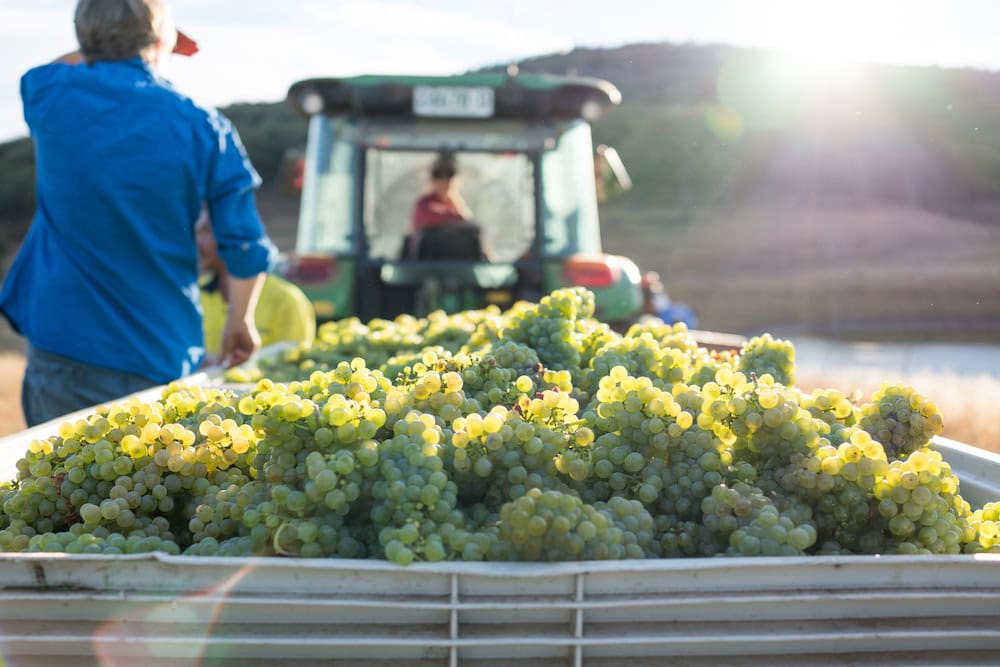
Each year NSW produces more than 492 million bottles of wine and the value of the state�s wine exports is usually around $500 million. This year will be different.
�Naturally the closing of the doors to a very lucrative market for Australia is not good. It has major ramifications,� NSW Farmers member, Darren De Bortoli says. �We�ve been hit with what I call The China Syndrome.�
However, as General Manager of De Bortoli Wines, one of Australia�s largest privately owned wineries, he�s also a realist. �As a family company, we�ve been through The Great Depression, World Wars, recessions, and natural disasters. There�s no doubt this is up there, but the key is to not panic.�
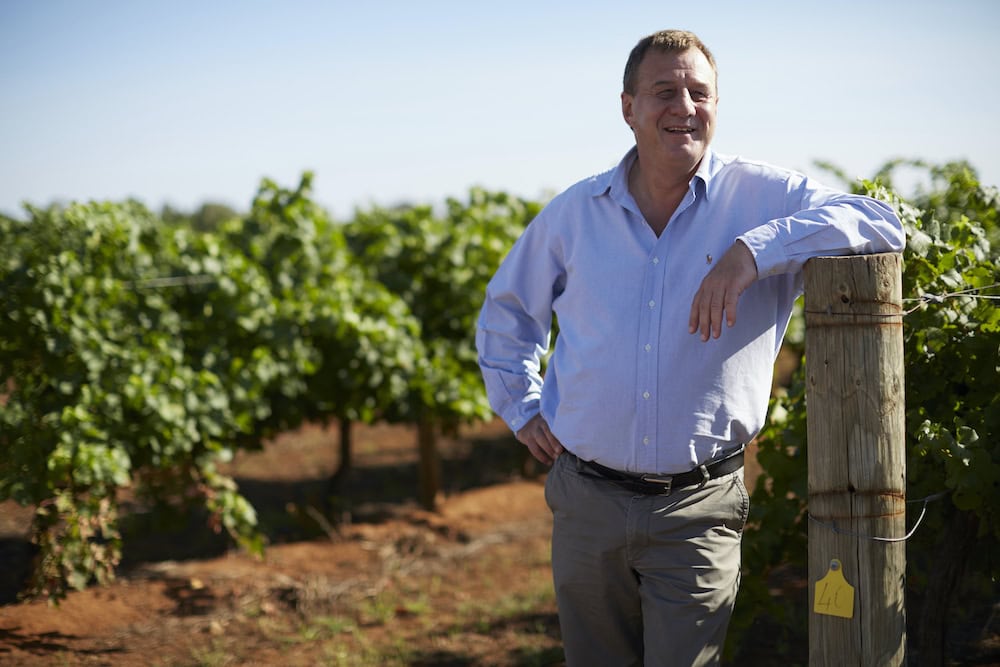
De Bortoli is based at Bilbul near Griffith in the Riverina wine area, and remains the engine room for the company that also has holdings in other states.
�This is where my grandfather Vittorio started making wine in a shack in 1928.� Asked what he would say to him now, Darren replies: �Been there, done that. Basically, just get on with it.�
NSW Farmers member and wine producer, Darren De Bortoli.
The old adage to not have all the eggs in one basket certainly holds true, however the flow on effect of China’s tariffs across the industry will lead to more competition in existing markets.
�It�s going to manifest itself in terms of price points and the bottom line is that we have to find a home for our wines,� Darren says. �Our exports are spread across the world and we�re strong in Europe, Scandinavia and the United Kingdom.�
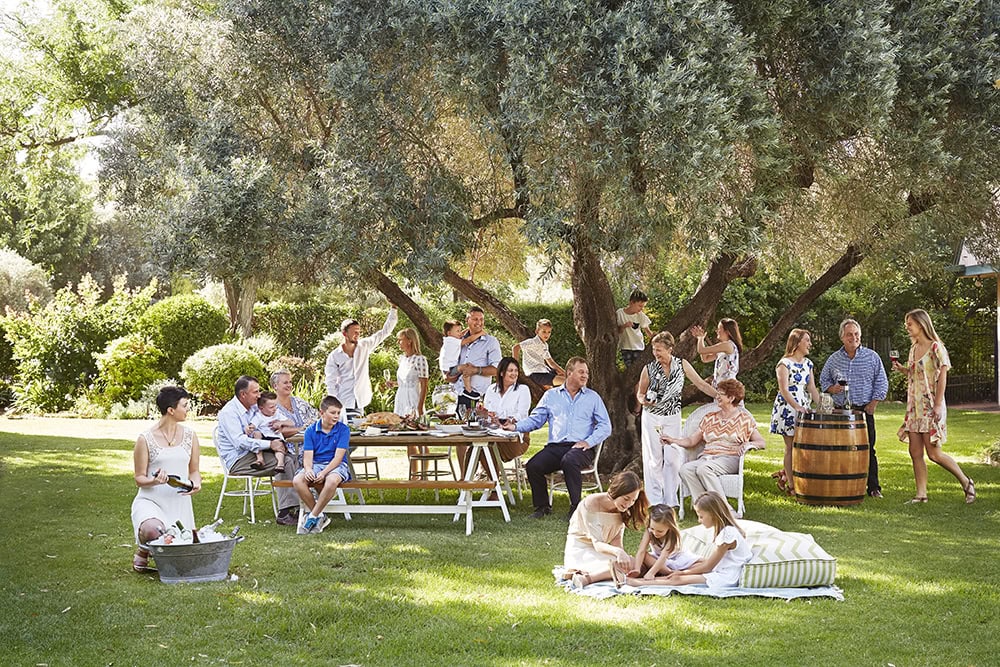
Buy Australian wine
And what about the shape of the domestic market?
A nationwide campaign through Australian Grape and Wine Incorporated � who work
in partnership with the Australian Government � is encouraging people to �choose Australian wine�.
In a statement, Chief Executive Tony Battaglene said, �We currently import around 125 million bottles of wine each year from overseas. If Australian wine lovers decide to buy Australian wine instead, it will go a long way to cushioning the blows grape and wine businesses have been dealt in 2020.�
Justin Jarret who started See Saw Wines, a small sustainable, organic winery in the Orange region in 2005, thinks this is a brilliant initiative.
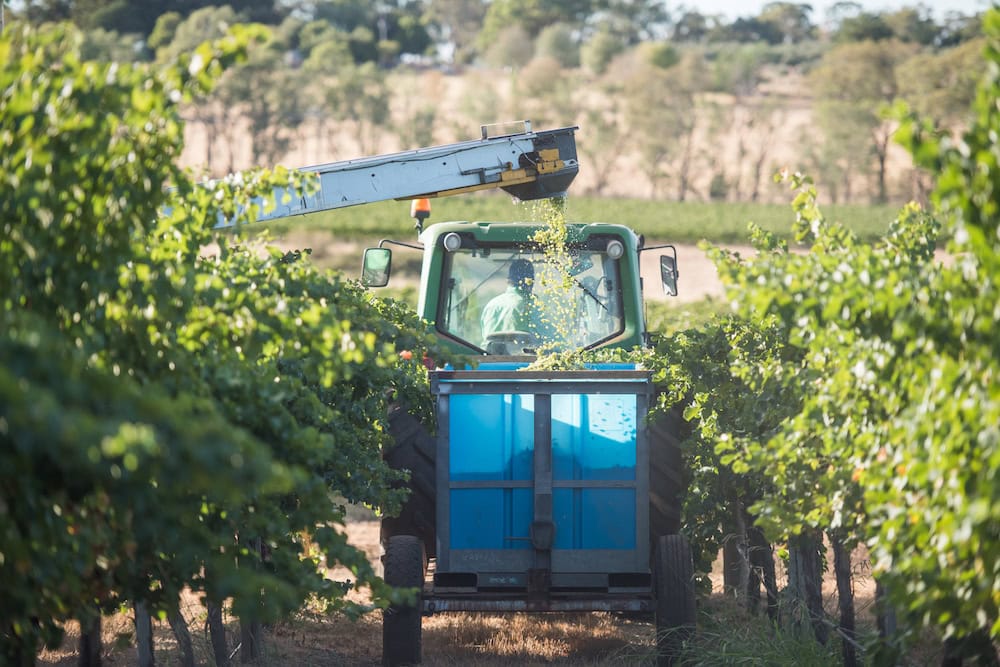
�The whole movement of buying local produce hasn�t gathered as much momentum in the wine industry as it has in other areas, so this campaign has really made a difference,� Justin says. �I think one of the silver linings of COVID-19 is that people have really started to think and care about where everything they consume comes from.�
Although Justin doesn�t export wine to China, China’s tariffs will impact his business.
�The Orange region is slightly protected because the Chinese market likes bigger, older, stronger style of red than we produce here. They also don�t have a taste for white wine, which makes up 52 per cent of our wines.�
Justin Jarret, Founder of See Saw Wines
He predicts there will not only be an increase in competition, but the tariffs may also affect prices of Australian wine.
�It may not be a price drop,� says Justin. �However, with the impact of the smoke taint on the vines during the 2020 bushfires, we were due for a price rise, and that�s unlikely to happen.�

With a family philosophy to work with independent, preferably family-owned companies, the majority of See Saw wine is sold on the domestic market, especially in NSW. Export-wise, Justin is expanding his contacts across the USA where there�s a growing demand for small batch, organic wines. He�s also recently received approval to build a cellar door at the winery.
�Word of mouth is a powerful tool. Regional tourism numbers are currently through the roof, and even if we drop by 40 per cent post-COVID, they�re still going to be better than they were pre-COVID.
Justin Jarret, Founder of See Saw Wines.
Justin is treating the tariffs as he does drought. �You�ve got to make adjustments to cope. You�ve got to take the good when it comes, knowing the bad will come at some stage.�
United we stand
Further north in the Hunter Valley region, Bruce Tyrrell AM, Managing Director of Tyrrell�s Wines, also believes connecting directly with consumers is paramount, and in particular for smaller wineries.
�When I took over in 1974, 95 per cent of all our sales were through the cellar door,� Bruce reflects. �We can now use a range of ways including social media, advertising and personal contacts to speak to our customers. Online sales are booming, so there are opportunities there for wine producers to tap into new markets.�
As a member of Australia�s First Families of Wine group, Tyrrell�s Wines was founded in 1858 by Bruce�s great grandfather, Edward Tyrrell. Drawing on words of wisdom passed down the generations, he�s keeping a level-headed approach.
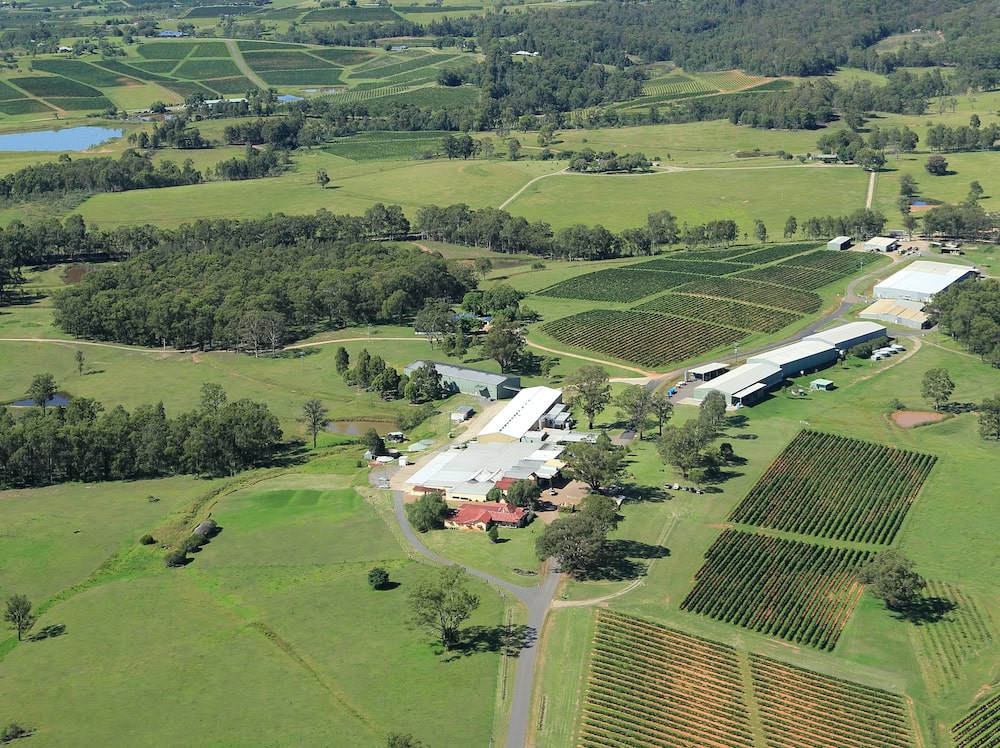
�When things are out of our control, we can only continue to work on the things within our control. I�m sure my great grandfather would advise me to put my head down, keep going and grow from the experience.�
Bruce Tyrrell AM, Managing Director of Tyrrell�s Wines.
Before China’s tariffs, Tyrrell�s exported 8 per cent of total sales to China.
�We now have to work harder in existing markets and look for as many new openings as we can,� Bruce says.
Recently, the company started exporting to Uzbekistan and is also concentrating on Japan, South Korea and Taiwan. He�s also receiving strong support from his distributors in Europe and the United Kingdom.
�The world is watching what�s happening with this dispute, and I think on a broader scale, there�s been an international hardening of opinion against China.�
Bruce says that he is confident the Australian Government is standing firm while doing everything possible to re-open the trade door.
�As a country we need to continue to find ways to trade with China, and everyone in the wine industry needs to stick together and support each other.�
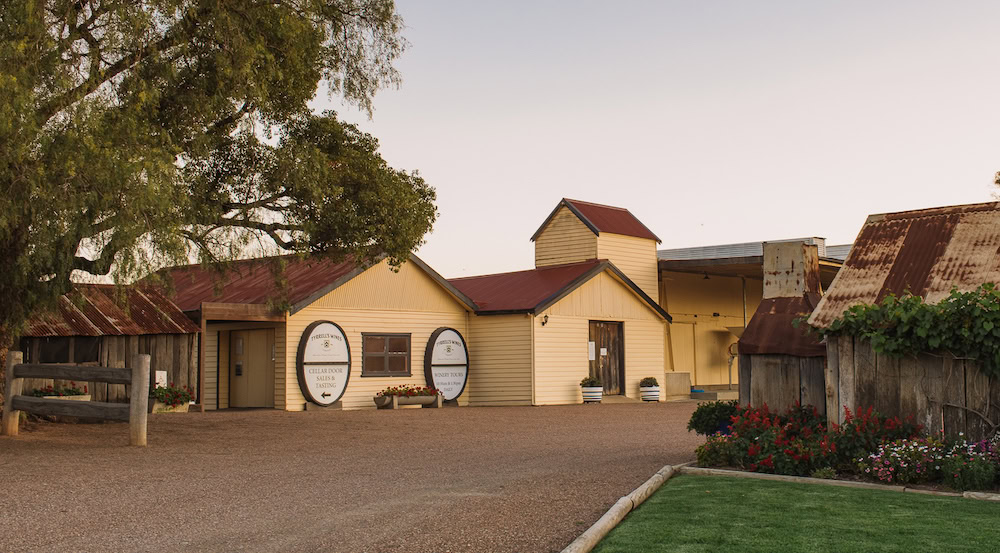
Sadly, it�s the Chinese consumers who are probably most affected by the tariffs. They�re big travellers and many have acquired a love for Australia and our wine.
When the world starts to open up post COVID-19, will the Chinese population be prepared to sit back and watch? Or will they start asking questions as to why they are unable to spend their money on the things they want?
�China is a country with a communist government and a capitalist population,� says Bruce.
In other words, watch this space.
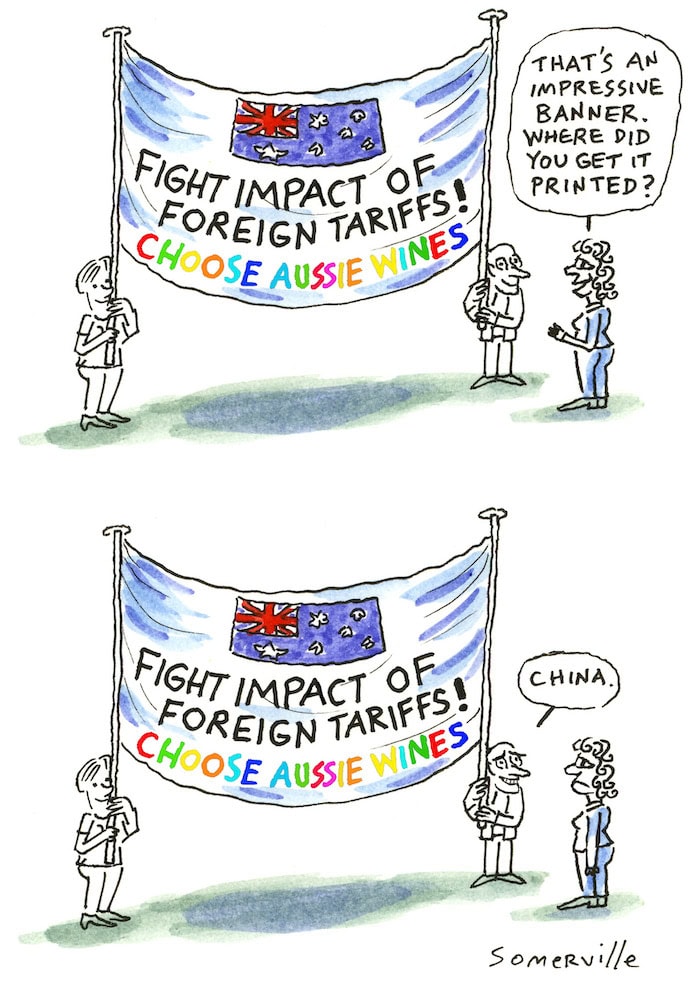
If you enjoyed this feature on China’s wine tariffs on our wine, you might like our story on the pork industry.


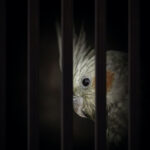



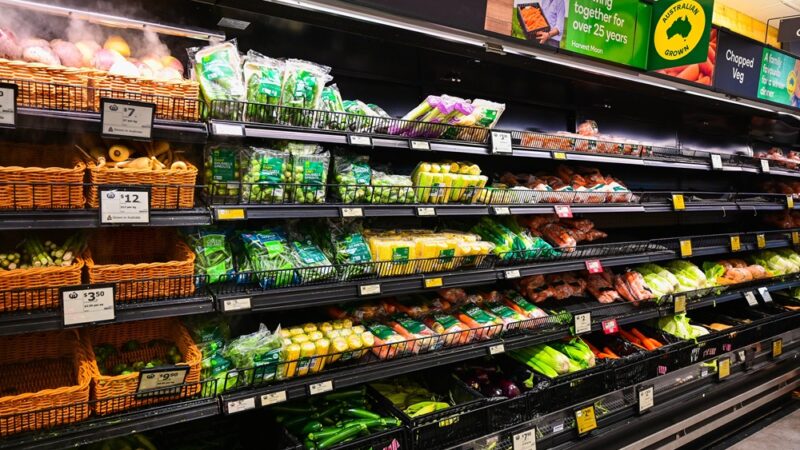

Very informative.
Learn alot.
Thanks